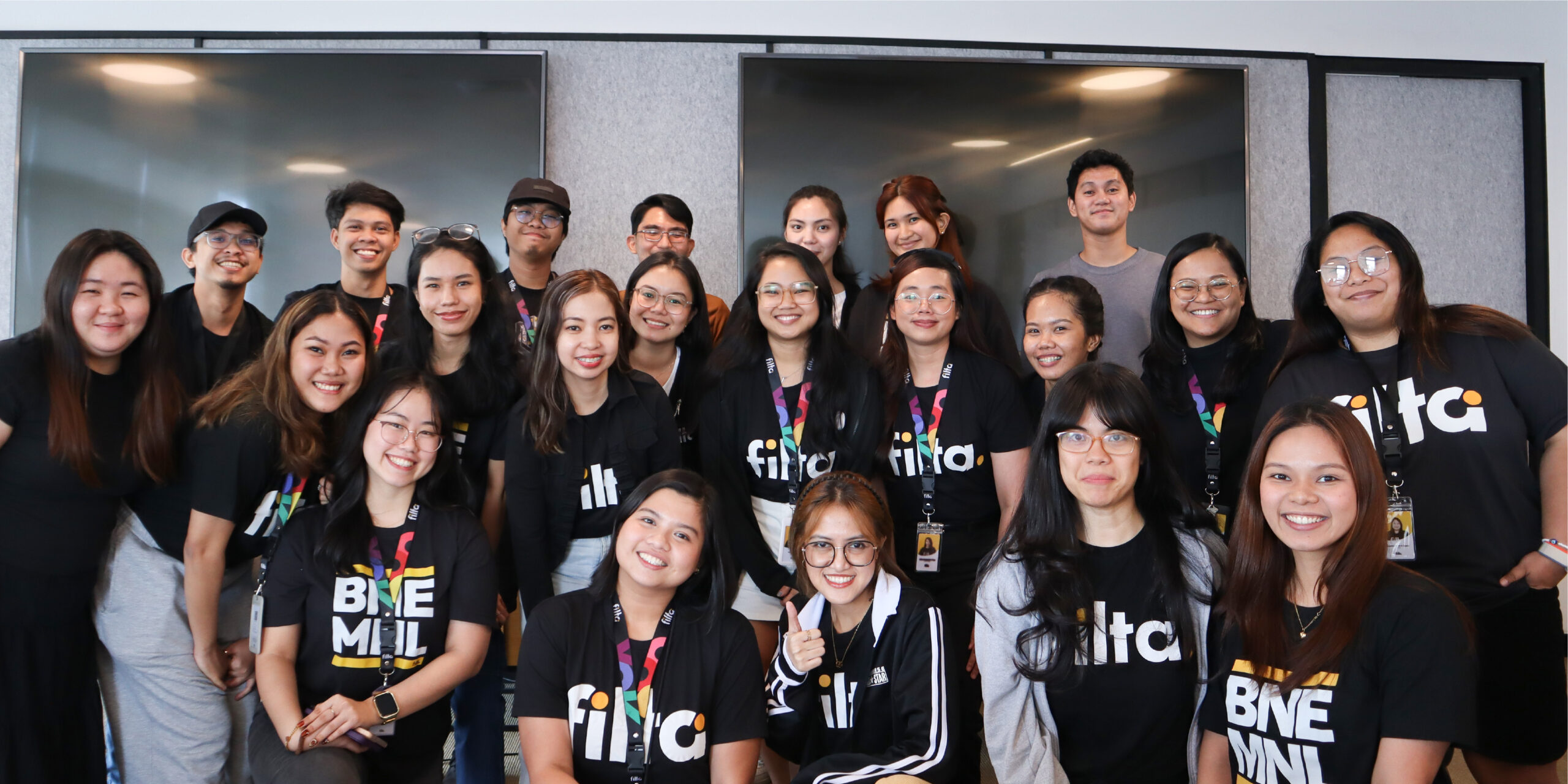For employers, onboarding new talent should be a strategic investment in the future of your company. But today, many organizations are unintentionally setting their new hires up to fail. According to a recent study by Robert Half, nearly half of all early-career professionals reported entering the workforce without a mentor. Others cited challenges such as workload overwhelm, poor onboarding, and a lack of relevant experience.
This isn’t just a talent issue, it’s a business risk. When your newest employees feel unsupported, productivity drops, engagement lags, and turnover rises. But here’s the good news: the solution starts at the top.
What the Data Is Telling Business Leaders
The March 2025 survey conducted by Robert Half (based on responses from nearly 1,000 U.S. workers) revealed some alarming stats:
- 45% of professionals lacked a mentor early in their career, the most frequently reported challenge.
- 39% had difficulty managing workloads, indicating poor delegation or lack of clarity.
- 36% cited poor onboarding, while 34% felt underqualified, pointing to a critical skills and training gap.
- 35% had no prior internship experience, leaving them underprepared for real-world expectations.
“Your first job isn’t just about a paycheck – it’s about building a strong foundation and fostering a productive relationship with your employer that will pave the way for future growth.” — Dawn Fay, Operational President, Robert Half
Mentorship and Support
In high-performing organizations, mentorship is a strategic tool. Mentors guide new hires through complex dynamics, accelerate skill development, and instill confidence. A formal or semi-formal mentorship structure also communicates that your company invests in people, not just productivity.
And the impact is real. Research published by Harvard Business Review consistently shows that mentored employees are more engaged, more likely to stay, and better equipped to lead.
Workload Management Isn’t Just an Employee Problem
When 39% of early-career workers say they’re overwhelmed, it suggests a failure in management systems, not individual shortcomings. Many new hires are expected to perform without fully understanding the scope, priorities, or benchmarks.
For leadership, this is a wake-up call: Project clarity, clear deliverables, and regular check-ins aren’t optional; they’re essential. Otherwise, you’re not just risking productivity; you’re burning out your future leaders.
Onboarding: Your Hidden ROI Opportunity
Many companies underestimate the power of onboarding. Done well, it reduces ramp-up time, boosts early engagement, and lays the foundation for long-term loyalty.
Done poorly? It’s a missed opportunity that can cost you tens of thousands of dollars in turnover and lost productivity. According to Gallup, only 12% of employees strongly agree that their organization does a great job of onboarding new employees. That means 88% of companies have room to improve, and likely, so do you.
Real-Life Solutions for New Hires
So, what can early-career professionals actually do when they feel like they’re struggling?
1. Actively Seek Out Mentors
Don’t wait for a formal program. Reach out to alumni via LinkedIn, ask colleagues out for coffee, or attend networking events. Be honest and direct. A simple “I admire your career path, and I’d love to learn from you” can open doors.
2. Improve Time Management Skills
Use digital tools like Notion, or Todoist to track and prioritize tasks. If you’re unsure what’s urgent or important, simply ask! Most managers appreciate initiative and will help you set priorities.
3. Build Your Skillset Continuously
Take free online courses on Coursera, LinkedIn Learning, or edX. Certifications in tools like Excel, data analysis, communication, or industry-specific platforms can give you an edge and help boost confidence.
4. Ask for Feedback Early and Often
Make feedback part of your routine. A simple “How did I do on that report?” or “Do you have suggestions for how I could have handled that meeting better?” shows maturity and fosters growth.
How Employers Can Fix This Today
As a CEO, business owner, or department head, you’re uniquely positioned to transform these challenges into strengths. Here’s how:
1. Make Mentorship a Business Priority
Formal mentorship programs don’t have to be complex. Create structured yet flexible connections between senior leaders and junior staff. Include mentoring in performance reviews, and recognize those who actively support others.
2. Build a Culture of Clarity
Introduce workload transparency through weekly check-ins, goal alignment, and collaborative tools. Encourage open dialogue about bandwidth and eliminate ambiguity in task assignments.
3. Redesign Onboarding for Retention
Go beyond the basics. Great onboarding should cover:
- Role-specific training
- Departmental introductions
- Organizational culture
- Feedback frameworks: Assign a buddy, develop a success plan, and ensure leadership has visibility into how new hires are progressing.
4. Encourage Continuous Development
Provide resources for courses and encourage lateral learning. Invest in people the same way you would in infrastructure — because human capital is your infrastructure.
How Filta Can Help
If you’re looking to solve these challenges without reinventing your entire HR function, Filta is a strategic partner that can help you hire smarter and retain longer.
What Filta Does Best:
- Filta connects you with candidates who not only meet your technical requirements but also align with your company culture and values.
- From day one, Filta supports both the employer and the new hire through a robust, comprehensive, step-by-step onboarding process. This ensures expectations are clear, cultural training is in place, and communication flows smoothly.
- Filta works with businesses to help them set up internal mentorship structures, maximizing engagement and reducing early turnover.
- Whether you’re scaling a remote team or building an in-house division, Filta’s outsourcing solutions offer flexibility, speed, and high-impact support.
By handling the logistics of sourcing, onboarding, and early-career support, Filta empowers you to focus on what matters most — running and growing your business.
When new hires succeed, your entire company wins. With Filta, success starts on day one.
Check out filtaglobal.com to learn more about how we can help support you and your new hire.
The Shared Responsibility of Success
Navigating a new career is hard. Supporting someone who’s new to your team is also a challenge. But if both sides take ownership, with employers creating the right structure and employees stepping up to seek support, everyone wins.
This isn’t just about retention. It’s about creating workplaces that nurture talent, reward initiative, and build real relationships that last beyond job titles and paychecks.
To the young professionals: The path may feel unclear, but with the right tools and the right people in your corner, you’re already well on your way.
To employers: Don’t underestimate the power of mentorship and onboarding. Your newest employees might just be your company’s next leaders if you set them up for success.














